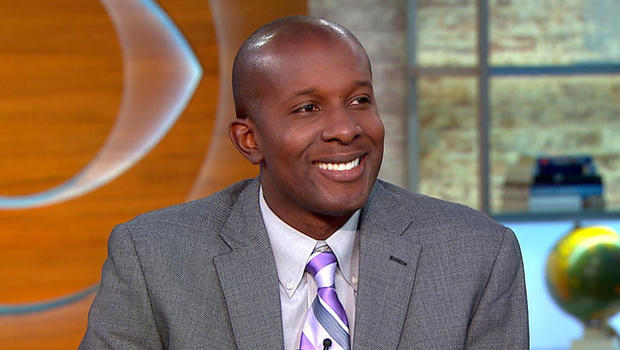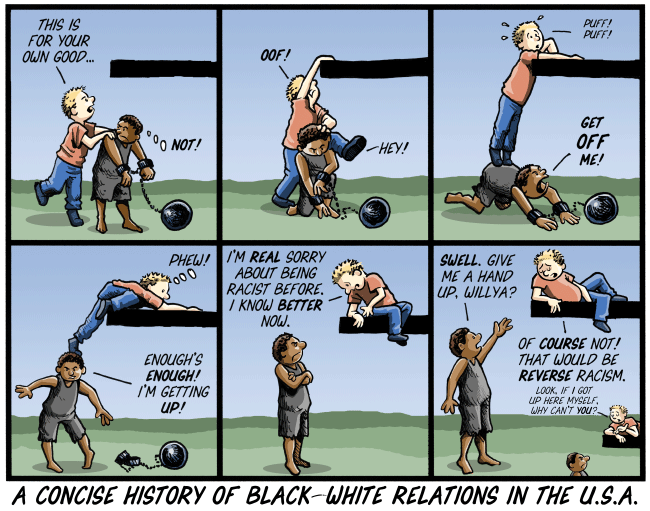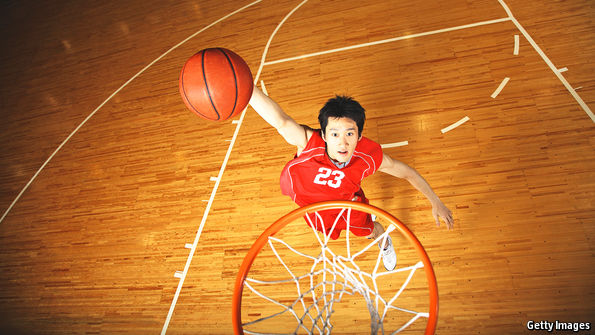 Asian-Americans are the United States’ most successful minority, but they are complaining ever more vigorously about discrimination, especially in academia
Asian-Americans are the United States’ most successful minority, but they are complaining ever more vigorously about discrimination, especially in academia
This article looks at the history of Asian immigration and opportunity, and discusses possible factors that contribute to the high rate of academic achievement in the Asian-American population, along with the apparently disproportional university admissions numbers. It also considers the “bamboo ceiling” — the phenomenon of Asians excelling in lower and middle levels of professions, but no being visible in the upper echelons — and points at several potential reasons behind this discrepancy, from ingrained shyness to a dearth of mentors.
I’ve highlighted some excerpts below, but I encourage you to click here to read the whole article.
On Asian-American academic achievement:
“Asian-Americans make up 5.6% of the population of the United States, [yet] they make up more than 30% of the recent American maths and physics Olympiad teams and Presidential Scholars, and 25-30% of National Merit Scholarships. Among those offered admission in 2013 to New York’s most selective public high schools, Stuyvesant High School and Bronx High School of Science, 75% and 60% respectively were Asian. The Asian population of New York City is 13%.”
“[A study] rejected the idea that Asians were just innately much cleverer than whites: there was an early gap in cognitive abilities, but it declined to insignificance through school. The higher socioeconomic status of Asian parents provided part of the explanation, but only a small part. […] Asian outperformance is thanks in large part to hard work. […] study showed a sizeable gap in effort between Asian and white children, which grew during their school careers.”
“Another study […] shows that Asian-American parents are a lot likelier to spend at least 20 minutes a day helping their children with their homework than any other ethnic group.”
 On apparent racial discrimination in academia:
On apparent racial discrimination in academia:
“Some Asians allege that the Ivy Leagues have put an implicit limit on the number of Asians they will admit. [Upon examining admissions data] Asian-Americans need 140 SAT points out of 1,600 more than whites to get a place at a private university, and that blacks need 310 fewer points.”
“Top universities tend to admit blacks and Hispanics with lower scores because of their history of disadvantage; and once the legacies, the sports stars, the politically well-connected and the rich people likely to donate new buildings […] have been allotted their places, the number for people who are just high achievers is limited. Since the Ivies will not stop giving places to the privileged, because their finances depend on the generosity of the rich, the argument homes in on affirmative action.”
“…the Asian-American community is unwilling on the whole to oppose affirmative action. It tends to vote Democratic, and many of its members recall the years when they were a despised, not a model, minority. So those who dislike the way the system works tend to argue for it to be adjusted, not abolished…”

On the “bamboo ceiling”:
“It is true that although Asian-Americans do remarkably well at school and university, and have high average incomes, in the workplace they are under-represented in top jobs […] Asians do well in the lower and middle levels of companies and professions, but are less visible in the upper echelons.”
“Academia […] is stuffed with Asian-American professors, but among America’s 3,000 colleges there are fewer than ten Asian-American presidents”
“High-flying Asian-Americans […] suggest that cultural patterns may contribute to the group’s under-representation at the top. ‘There’s something in the upbringing that makes Asians shy’ […] ‘We’re brought up to be humble, […] My parents didn’t want to rock the boat. It’s about being quiet, not making waves, being part of the team.’ […] Asian-Americans are a large, diverse group exposed to a range of influences, but those who do reflect such patterns may be less likely to bid for leadership, even if they are highly qualified.“
“…Asians may find getting mentors particularly tough. Researchers [found that when students reach out to meet successful academics], [w]hite men got notably more responses than other groups; Asian-Americans of both sexes got fewer. Since the Ivies produce a disproportionate number of CEOs, Congressmen and judges, the apparent bias against Asian-Americans at leading universities may also keep Asians out of leadership spots.”
On political power:
“[A study shows that] it was only when Jews had gained political power that the Ivies stopped discriminating against them.”
“Perceptions that Asian-Americans are being treated unfairly, especially in the workplace, may push more of them into politics.”
Questions & Food for thought:
What do you think about the statistics or stereotypes employed this article? Do you think they are backed by legitimate reasoning or can you discern any areas for potential bias?
What are your thoughts on affirmative action and similar reparations?
Is it fair for high achieving individuals in a certain racial group are considered for admission differently than those of other racial groups?
Is it problematic that race is considered and that there may be racial quotas for university admissions? Or is it necessary (and morally just) to consider race if we’re striving for a fair system of academic admissions, given how much race has shaped socioeconomic opportunities historically?
The article provides many factors that influence the level of achievement of Asian Americans in formative schooling, higher education, and the professional world. Do you agree or do you believe there are other things to consider?
Do you think that an increase of Asian American political representation will change anything?

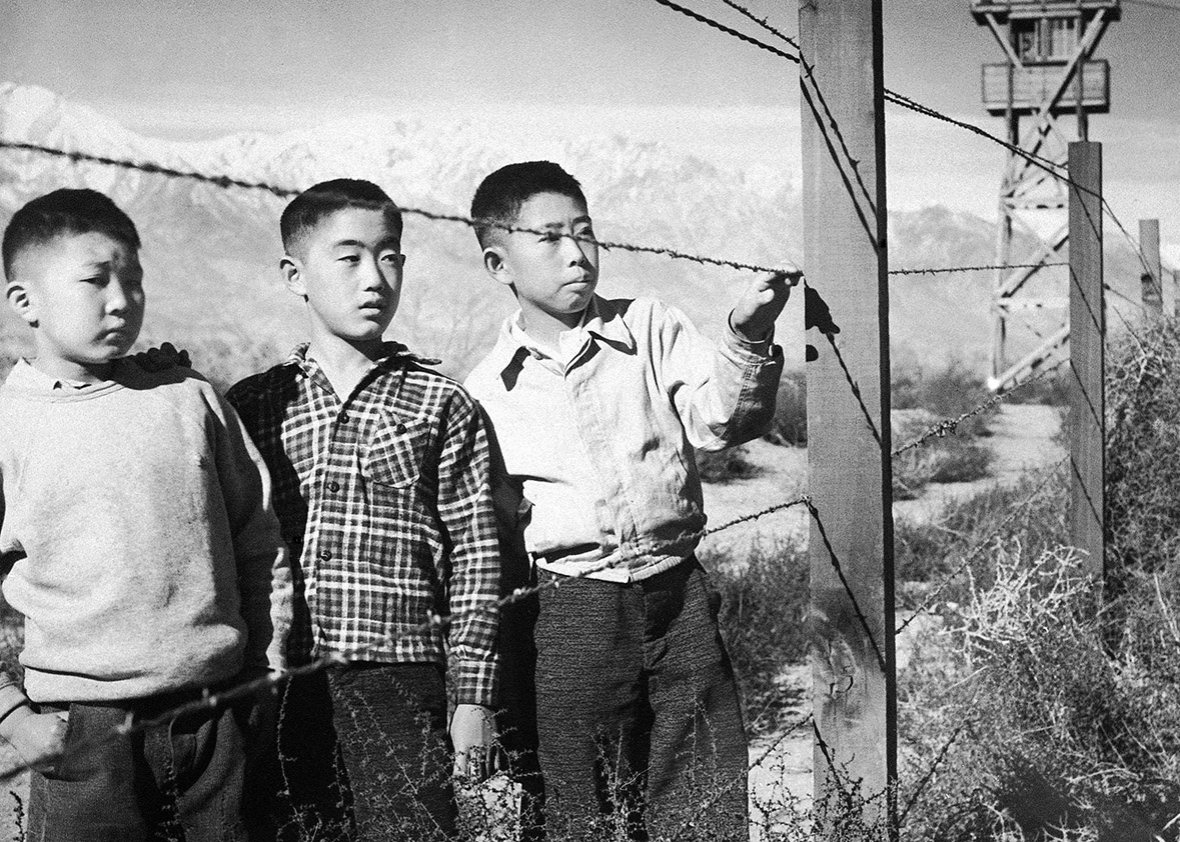
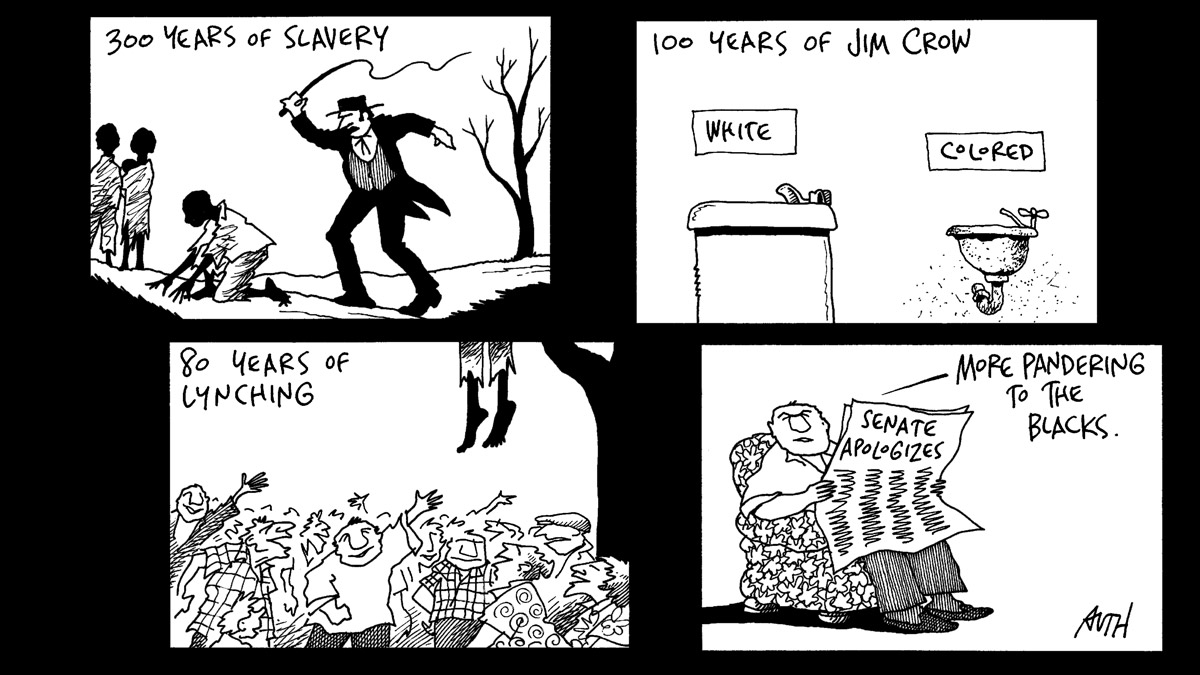
 Asian-Americans are the United States’ most successful minority, but they are complaining ever more vigorously about discrimination, especially in academia
Asian-Americans are the United States’ most successful minority, but they are complaining ever more vigorously about discrimination, especially in academia On apparent racial discrimination in academia:
On apparent racial discrimination in academia:

